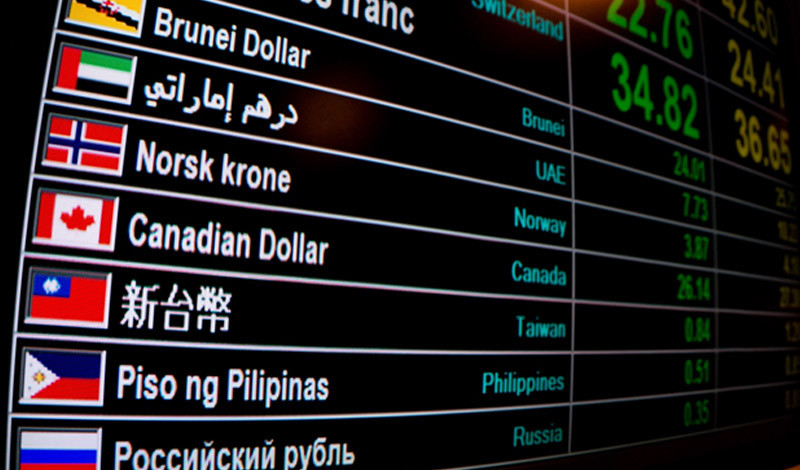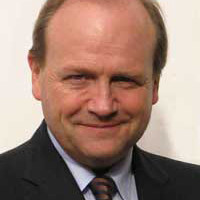UAE`s ECONOMY: A POST-OIL MODEL FOR THE FUTURE
This week, international analysts watched closely as Abu Dhabi launched a $10 billion bond in three tranches: $3 billion over 5 years; $4 billion over 10 years; and $3 billion over 30 years. The sale was oversubscribed three times with $30 billion offered for investment in Abu Dhabi.

- by Angus Taverner ,
- Friday, 6th October, 2017
Given continued strategic and political instability across the wider Middle East region and the slow pace of recovery in oil prices on world markets, the strong demand for exposure to Abu Dhabi was widely seen as the latest indicator of the role the UAE continues to play as a model of stability and economic development that other countries in the region increasingly seek to emulate. Indeed, by coincidence, and with the kind of diplomatic gaffe that has come to be associated with Britain’s Foreign Secretary, this week also saw Boris Johnson telling a political audience in Manchester, UK that Sirte in Libya had the potential to become “the next Dubai” – but then added: “once they clear the dead bodies away.”
However, tasteless Mr Johnson’s ill-chosen words may have been, they illustrate how both Dubai and Abu Dhabi are now seen as models of achievement that the international community admires for what good government, sound economic management and stability can achieve in a region too often dismissed as merely the source of international turbulence and extremism.
For economic observers of the UAE, the strong demand for investment exposure to the Emirates will not have been especially surprising. Arguably, first in Dubai and more recently across the whole of the UAE, the country’s leadership is recognised for its determined effort to diversify the UAE economy away from reliance on oil receipts and towards the development of a modern, knowledge-based economy: a means of sustaining prosperity and stability long after the last drop of oil is pumped from the UAE’s production platforms.
Speaking at the UAE Government Summit in February 2015, HH Sheikh Mohammed bin Zayed al-Nahyan addressed the economic challenges ahead with clarity, observing: “In 50 years, when we might have the last barrel of oil, the question is: when it is shipped abroad, will we be sad? If we are investing today in the right sectors, I can tell you we will celebrate at that moment.” In another speech in April 2016, Minister of Economy HE Sultan bin Saeed al-Mansouri again emphasised the importance of building a diversified economy, telling the UAE’s annual investment conference that: “Our strategy is focused on building a knowledge-based economy powered by various sectors such as industrial transport, space, renewable energy and information technology”.
For Sheikh Mohammed bin Zayed, the “right sectors” are not just a mix of other areas of productivity such as aviation, financial services and logistics, but also include more fundamental reforms in education, healthcare and social well-being. It is argued that this is a process of deep-rooted change that the UAE has been quietly pursuing for the past 30 years.
Judged against other members of the GCC, the UAE has already made significant strides towards reducing the economic significance of oil within its overall Gross Domestic Product (GDP), which is likely to total $407.2 billion this year (2017). At the end of 2016, oil revenues contributed just 30% of the UAE’s overall GDP and by 2021, the country’s economic plan sees this percentage reducing to under 20%. By comparison, energy receipts continue to provide 42% of GDP in Saudi Arabia and more than 55% in Kuwait.
This process of gradual economic reform has also proved capable of absorbing the impact of the worldwide fall in oil prices in 2014 that triggered alarm in many other oil-producing countries, prompting several governments to look to the UAE’s example as a route out of economic complacency. The UAE’s removal of fuel subsidies in 2015 was followed by Saudi Arabia and other GCC members the following year. Similarly, the UAE was instrumental in agreeing the GCC-wide introduction of Value Added Tax from the start of next year.
In short, the UAE’s leadership has recognised for a long time that oil, and the economic dependency it creates, is unsustainable, probably much beyond the end of this 21st century – not because oil is likely to start running out but because the world more generally is seeing reduced demand for oil-derived energy at the same time as new sources of oil and gas are being added to global markets – most obviously fracked oil and shale gas developments in North America.
While some commentators this week suggested that Abu Dhabi’s bond sale should be seen as a cause for near-term economic concern, taking the ‘long view’ it is argued that precisely the opposite is the case. Not only does the strong demand from international investors reflect confidence in the UAE towards at least a 30-year horizon but it also illustrates well the continuing benefits that derive from reform of the UAE’s economy to the point that the UAE can no longer be dismissed for so-called “rentier dependency” but instead should be seen increasingly aligned with international norms so that its non-oil productivity will ensure that the UAE is well-positioned to prosper into the future.
As Abu Dhabi, Dubai and the other five emirates continue to expand their non-oil economies through encouraging the development of new sources of productivity, it should not be surprising that Abu Dhabi’s bond sale this week was so eagerly anticipated and enthusiastically supported.

Angus Taverner
(Director Global Affairs Division) (former)

